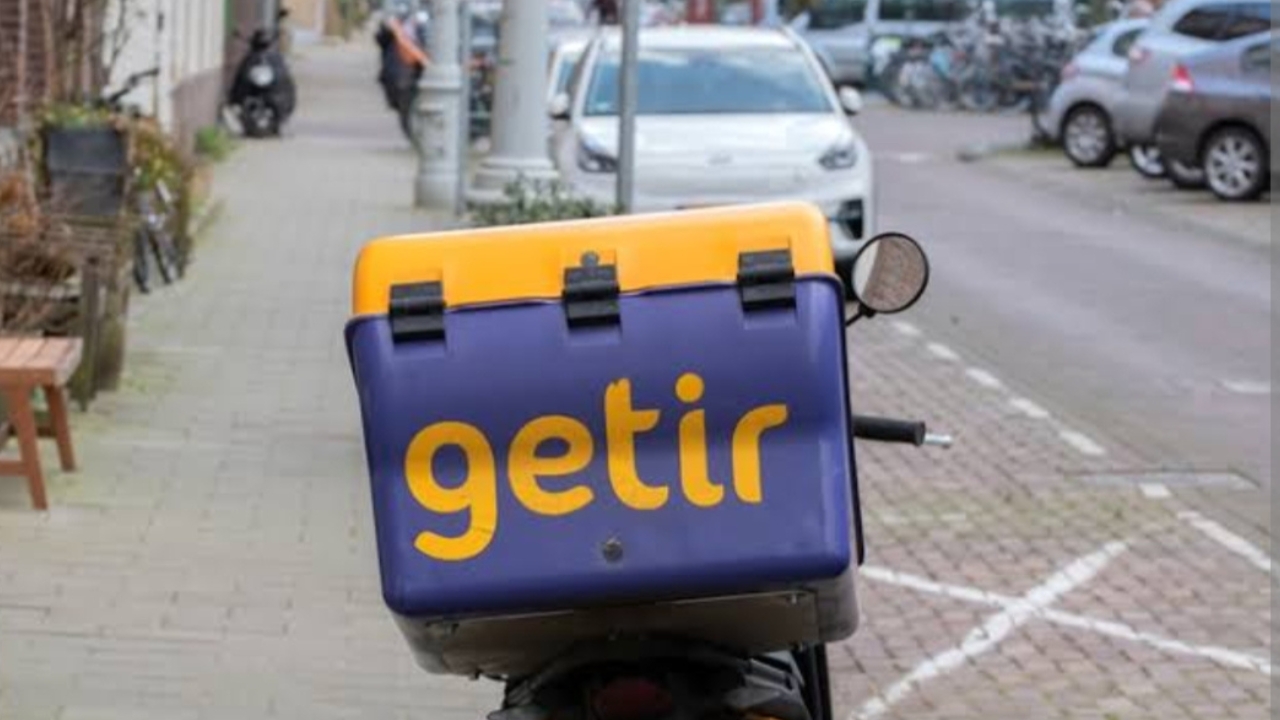In April 2024, Getir, the Turkish “instant delivery” company, made a major announcement signaling the end of its ambitious international expansion.
After a meteoric rise in the quick commerce industry, Getir revealed that it would be pulling out of the U.S., U.K., and several European markets, including Germany, Spain, Italy, and France. Instead, the company will concentrate all of its resources and efforts on its home market of Turkey.
This decision comes as a significant blow to the company’s international growth strategy and marks a major shift in the company’s trajectory.
Once valued at close to $12 billion, Getir’s rapid growth was fueled by massive investments, totaling over $2.3 billion between 2017 and 2023, including support from high-profile investors such as Sequoia, Tiger Global, and Mubadala.
Getir’s business model, which focuses on ultra-fast grocery delivery, was able to scale quickly during the COVID-19 pandemic, as consumers turned to online shopping in greater numbers, seeking convenience and safety.
During this period, Getir saw explosive growth in Turkey and international markets, as it aimed to become the global leader in quick commerce.
However, the company’s aggressive expansion now appears to have caught up with it, as Getir announced plans to close operations in markets where it struggled to maintain profitability.
The decision to shutter operations in the U.S., U.K., and Europe is expected to impact over 6,000 jobs globally, with a significant portion of the layoffs in the U.K. (1,500 workers) and Germany (potentially over 1,800, including acquired employees from Gorillas, which Getir had purchased in 2022).
The exact number of layoffs remains unclear, but it highlights the scale of the company’s contraction.
Despite these closures, Getir indicated that these markets only accounted for 7% of its revenues, though it has not fully explained what that figure specifically refers to in terms of geographical breakdown or financial metrics.
Getir’s exit from international markets signals a broader trend within the quick commerce sector, where several startups are retreating from overly ambitious growth strategies in response to market pressures.
These companies had invested heavily in global expansion, hoping to capture market share in a rapidly growing but ultimately unsustainable industry.
The quick commerce sector, which was once seen as a lucrative opportunity, is now facing major challenges: rising costs, heightened competition, consumer behavior shifting back to in-person shopping post-pandemic, and the ongoing difficulty of reaching profitability.
One of the most notable elements of Getir’s strategy over the last few years was its aggressive acquisition spree.
The company had purchased competitors in key markets, including FreshDirect in the U.S. and Gorillas in Germany.
These acquisitions were not only aimed at increasing Getir’s market share but also at consolidating a rapidly consolidating sector, with struggling companies looking for an exit in the face of mounting financial pressure.
This consolidation was mirrored by Gopuff, Getir’s largest competitor, which also pursued a strategy of absorbing smaller competitors to solidify its presence in key regions.

While the closure of Getir’s international operations comes as a major setback, the company is still focusing its efforts on the Turkish market, where it continues to experience success.
To fund this refocus on Turkey, Getir is reportedly raising additional investment, although the exact details of the funding round are yet to be disclosed.
The investment will help the company shore up its position in its home market, where Getir has a strong brand and significant consumer loyalty.
Getir’s move to secure funding for Turkey is seen as a way to stabilize the business and ensure its continued success in a more predictable and manageable environment.
This shift towards focusing on the Turkish market also follows a pattern seen across the industry, as many of Getir’s competitors—including Flink in Germany—have announced plans to pull back from certain international markets.
The industry’s retreat from ambitious global expansion plans is due in large part to changing consumer behavior, as people return to more traditional shopping habits and the growing realization that the economics of instant delivery services are difficult to sustain.
For Getir, the pandemic represented a period of massive opportunity, but as conditions shifted in the post-pandemic world, the company has been forced to reckon with the challenges of its high-burn, capital-intensive business model.
The company made headlines again in 2023 when it announced significant layoffs (14% of its workforce) and a scaling back of its expansion plans in order to focus on profitability.
The closures in 2023 of operations in Spain, Italy, and Portugal were seen as the beginning of a larger contraction, and this latest announcement is merely a continuation of that trend.
Getir’s financial situation, according to internal documents shared with TechCrunch, shows that while the company made $3.3 billion in revenue in 2023, it was still not EBITDA-positive in any of its markets by the end of the year.
This suggests that while the company was generating significant revenue, its operational costs and the expenses associated with rapid expansion had prevented it from achieving profitability in its international markets.
This is a critical factor in its decision to pull out of less profitable regions and refocus on Turkey, where the company can more effectively manage costs and market dynamics.
The announcement of Getir’s closure of international operations is a reflection of the broader difficulties in the quick commerce sector.
The once-promising industry of ultra-fast delivery, which captured the attention of investors and consumers during the pandemic, has been exposed to significant risks as the market matures.
The realization that many of these companies cannot sustain their aggressive business models over the long term is leading to a period of consolidation and retrenchment, with a few dominant players such as Getir, Gopuff, and Flink looking to stabilize their businesses through more localized, sustainable operations.
As Getir moves forward with its strategy of focusing solely on Turkey, the company faces a path of both challenge and opportunity.
While the withdrawal from international markets marks a significant retreat, it also provides Getir with a chance to solidify its position in its home market, refine its business model, and, with new funding, work toward achieving profitability.
Whether this strategy will be successful remains to be seen, but it is clear that Getir’s journey is far from over, even if its global aspirations have been scaled back significantly.





